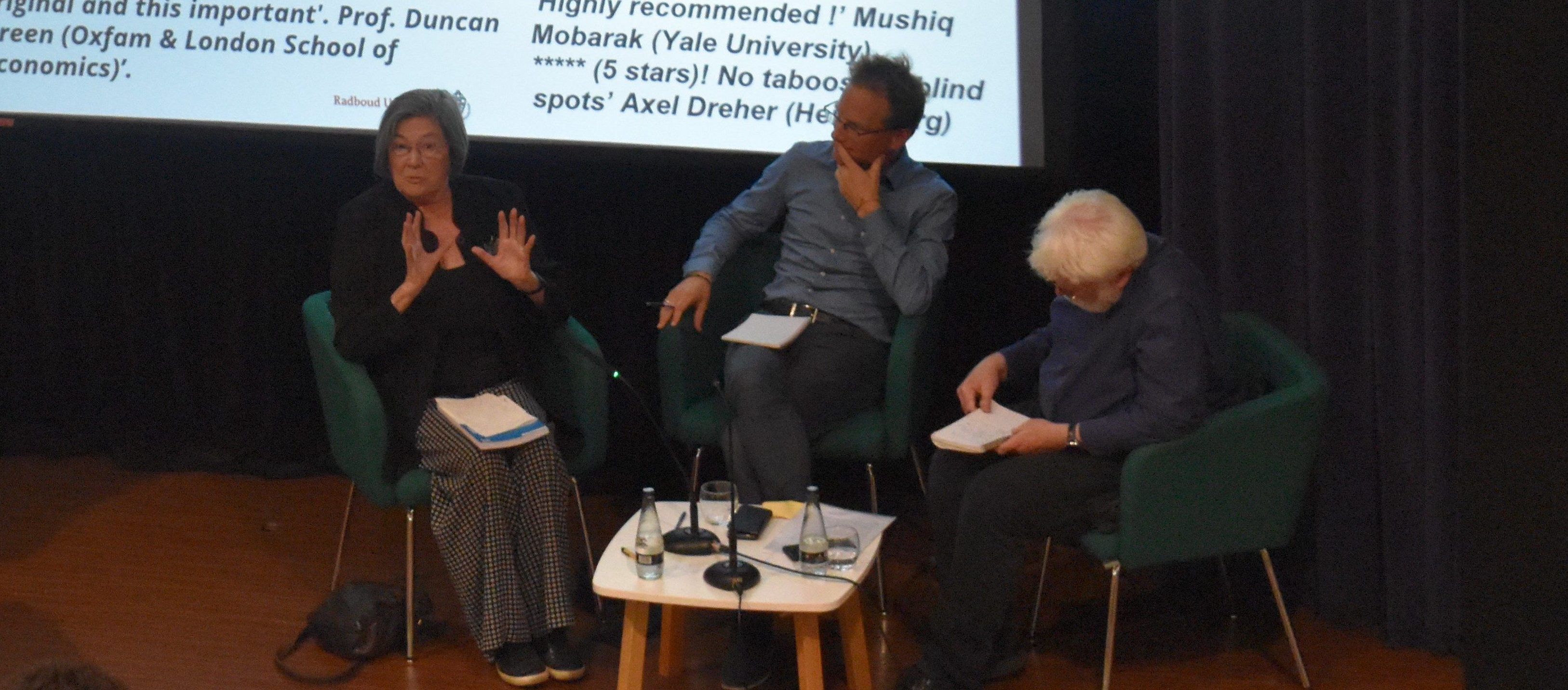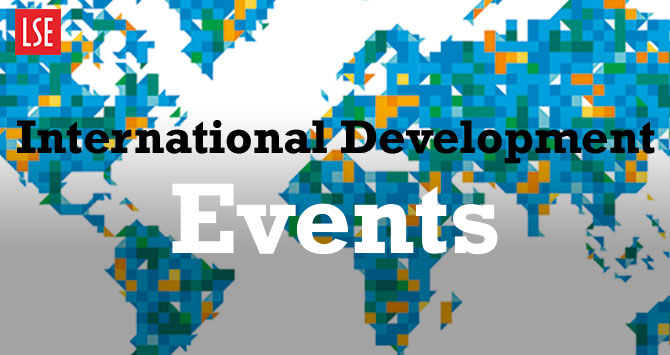Josefhine Chitra, Development Management graduate from the LSE, and Andhyta F. Utami, explain how Indonesia could benefit from adopting Germany’s concept of Vergangenheitsbewältigung to move forward from the 1965-1966 genocide.
A couple of weeks ago, over a dozen policemen blocked participants from joining a seminar, titled “Disclosure of Truth 1965/1966,” at the Jakarta Legal Aid Institute (LBH Jakarta). The following day, over a hundred civilian protesters surrounded LBH’s office shouting, “Crush PKI (Communist Party of Indonesia), kill PKI!” during an art event about promoting democracy – which had nothing to do with the now-defunct party.
This series of events suggests that our nation is way overdue in dealing with its dark past. While there are movements that seek justice for the 1965 victims and attempts to start an informal reconciliation process with the survivors, others still cannot decouple such efforts from an affiliation with tenets of communism or the PKI.
Despite the conclusion of the International People’s Tribunal on the 1965 Crimes Against Humanity in Indonesia (IPT 1965), which said the Indonesian government—along with the US, the UK, and Australia—were responsible for the anti-communist massacre of an estimated of 400,000 to 500,000 Indonesians, the possibility for victims’ reconciliation remains far-fetched.
The lack of progress is rooted in a variety of factors.
First, today’s democratic Indonesia still faces the same perception that communism is equal to the state’s enemy – the result of a highly effective propaganda machine employed by Soeharto’s regime. The ruling power left no space for people to provide an opposing narrative and whoever tried to dissent ended up as political prisoners.
The effect of this was so profound it still prevails today, long after the New Order had ended.
It is time to set the record straight. It is not impossible to heal this historical amnesia.
Let’s take Germany as an example. Germany has been exemplary in coming to terms with its uncomfortable past during the Nazi period. From being the first European country to set a Holocaust Remembrance Day to building the Holocaust Memorial, Germany is proud of not being proud of its dark history.
The country has not only confronted its past symbolically, the acknowledgment of the mistakes it made is also rooted in every nook and cranny of Germany’s culture. In the political discussion, the narrative of “never again” remains prevalent.
Vergangenheitsbewältigung
Unlike the 1965 massacre in Indonesia, the magnitude of the Holocaust and its implications for the rest of the world might have left no space for Germany to cover up its involvement. Not to mention that Germany had a major incentive to be welcomed again as part of the larger European community.
Perhaps the country had no choice but to address and disentangle itself from its past atrocity.
But Germany did not arrive at its current acceptance overnight. This is reflected in the term “Vergangenheitsbewältigung”, which roughly translates into “coping with history”.
According to Thorsten Benner, director of the Global Public Policy Institute (GPPi) in Berlin, the public and the government in West Germany tried to push away the discussion of Holocaust from schools and open debate after World War II.
The situation did not change until the 1960s, when the younger generation began to ask their parents about what happened during the Nazi era. This is what brought the discourse to the public.
The freedom to ask those critical questions and learn about the past from a variety of perspectives became a recipe of purifying state-sponsored propaganda or an inaccurate version of history.
This freedom is the missing element in Indonesia.
Efforts of intellectual activists to be free from previous state spoon-fed narratives – including LBH’s seminar last month – were brought down by the authorities. In May 2016, a grassroots initiative to invite the public to learn about the 1965 tragedy through film screenings was also dispersed by the Yogyakarta police.
These cases exemplify the alarming situation of the deprivation of our rights to access information freely.
Noam Chomsky once wrote, “historical amnesia is dangerous not only because it undermines the moral and intellectual integrity, but also it lays the groundwork for crimes that still lie ahead.” His quote holds some truth for Indonesia’s bleak past in settling its human rights violations.
Once we choose to leave the moral burden of what happened in 1965, the domino effect of our self-imposed amnesia can also apply to various past incidents. The mass violence and activists’ abduction in the 1998 riots. The murder of Indonesia’s human rights activist, Munir. The rampant violations of human rights in Papua, among others.
Withholding this domino effect and healing Indonesia’s historical amnesia have been a long struggle, especially in the absence of a safe public space to see our past from alternative lenses. Nevertheless, the burden from unsettled human rights violations in the past will be shouldered by the younger generation in the future.
This is why it is our responsibility to never cease in trying to understand the complexity of our nation’s past and demanding justice for the downtrodden ones. That is the very least we can do.
Josefhine Chitra (@josefhinechitra) is a Development Management graduate from London School of Economics and is currently Communications Coordinator at the World Resources Institute Indonesia. Andhyta F. Utami is a Master of Public Policy candidate at Harvard University.
This article was first posted in Rappler.com.
The views expressed in this post are those of the author and in no way reflect those of the International Development LSE blog or the London School of Economics and Political Science.





